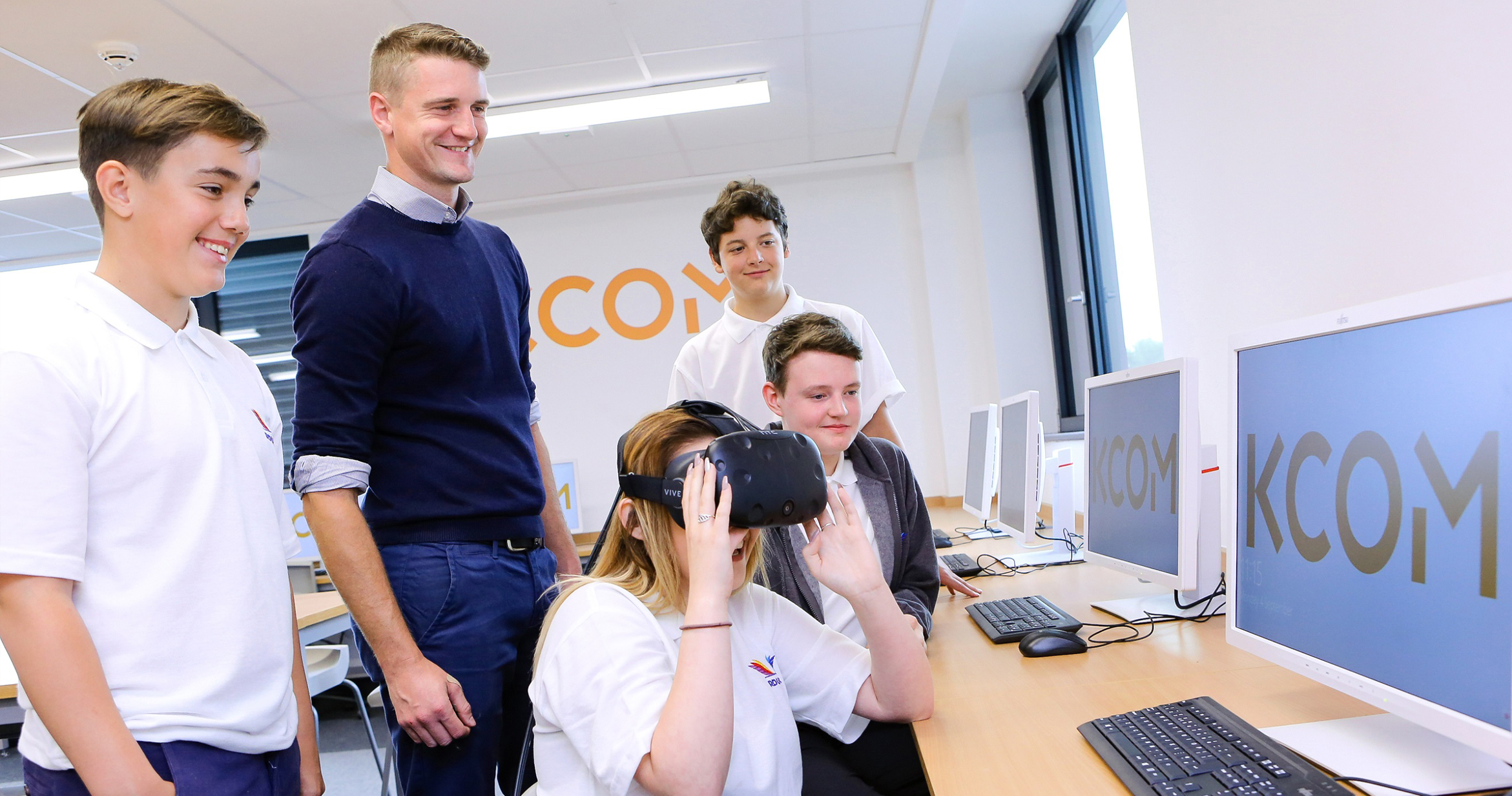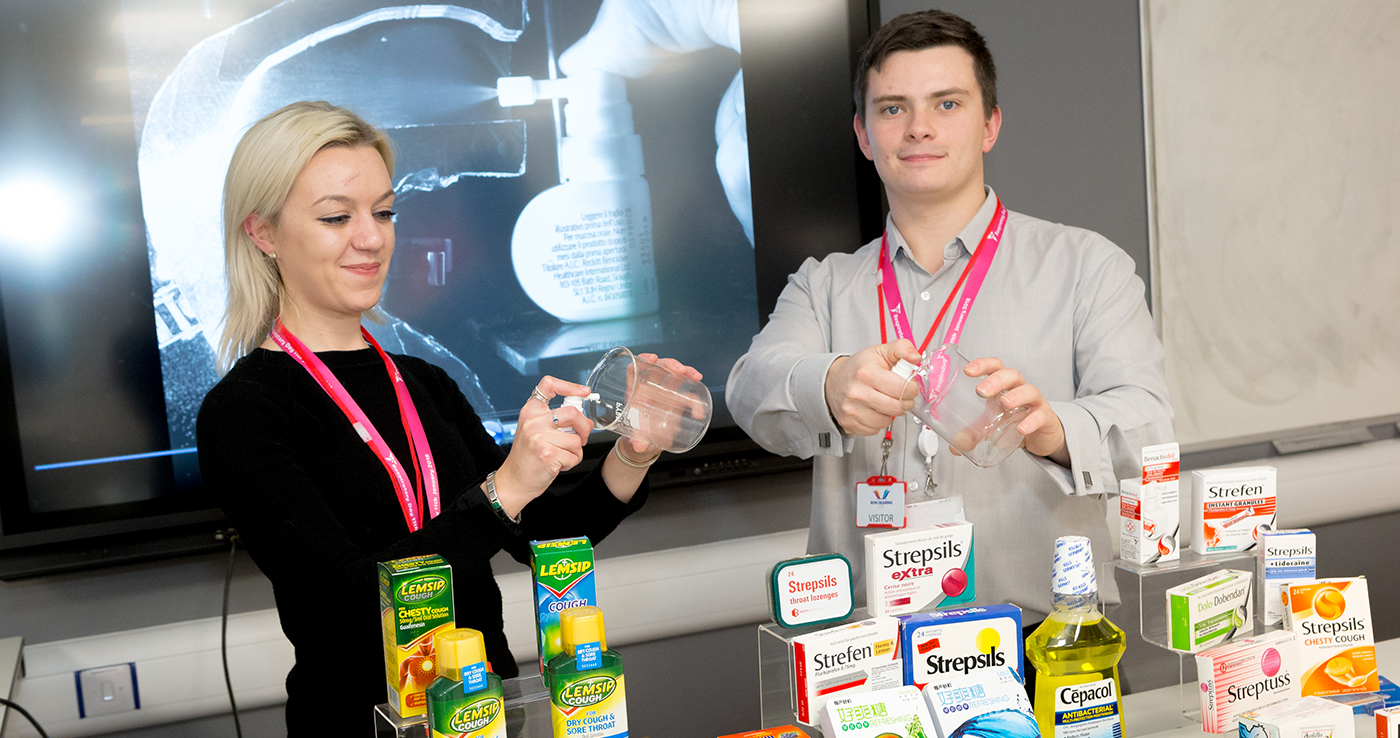
A Level – English Language & Literature
Course Information
AQA English Language and Literature A-Level
Students can engage with both English Language and English Literature whilst studying this integrated course, exploring a range of literary and non-literary discourses. Students will be given the opportunity to develop their subject expertise critically, creatively and independently.
It revolves around the concept of ‘words create worlds’ in both literature and elsewhere, exploring the similarities and differences within different forms of language and how meaning is created within fiction, non-fiction and personal speech.
The course will help students to develop the key critical, creative and analytical skills required both for progression to higher education and for enhanced employability. Students will analyse language whilst creating their own work too, combining skills they learnt in GCSE Language and GCSE Literature and evolving this expertise on a continuum from GCSE to higher education.
UNITS
‘Telling Stories’ focuses on how and why stories are told, how writers and speakers present stories, and how language choices help to shape the representations of different worlds and perspectives. ‘Exploring Conflict’ retains this focus on language choices but looks at how these choices help to construct ideas of conflict between people, and between people and their societies. ‘Making Connections’ focuses on language use in different types of text and requires students to make active connections between a literary text and some non-literary material.
APPLY TO JOIN RDUTCGet the edge
Download the latest Ron Dearing UTC prospectus here




